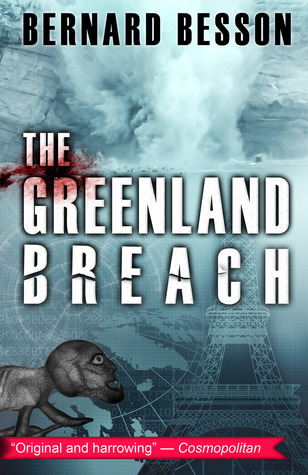From time to time my niece and nephew want to help with the reviews on my blog. However, they really didn't know anything about writing reviews. My niece's first attempt was nothing more than a summary and that the book was good. And she really did like it, because she told her librarian at school all about it and wanted to see if the author could come to her school. But when I asked her why she liked it, she didn’t have an answer.
Reviews are important to authors, particularly indie authors. Did you know Amazon provides more exposure to a title once it has 25 reviews? Yet, many readers do not leave reviews. For my book,
Secrets to a Successful Blog Tour, only about 10% of the people who have bought it have written a review.
Think you can't write a review? Think again with these easy steps.
Reviews at retails sites and places like Goodreads don't have to be long. Heck, even a blog review doesn't have to be long. Sometimes "mini-reviews" get more interaction than long, detailed ones. Basicly to write a review, you need to answer three questions:
What did you like about the book?
Was there anything that you didn’t like?
Who would like to read this book?
When recommending the book (question 3), it may be based on genre (it’s similar to another book, TV show, or movie), age, or interest (sports, magic, etc.). I think the recommendation is very important, particularly if it wasn't quite your kind of book.
If you want to write a bit more in your review, I developed an 8 question outline for my niece to help her more fully express her views on a book.
What is the book about?
You don't want to regurgitate the book description and if you are leaving your review at a retail site it is probably not necessary at all to provide a summary, unless you feel the book description doesn't accurately capture what the book is about. If you are writing on a blog and you do not include the book description in your post then it is a good idea to give an overview of what the book is about. I usually try to sum it up in about 3 sentences and not give any spoilers.
What was your favorite part?
It might be a scene or a character, but it might also be the writing style or message the author conveys. Try to convey to the readers why it is your favorite part without giving away the story.
Was there anything you did not like or confused you?
Pointing out any negatives to a book is not a bad thing as long as you stay objective. Sometimes the very things I did not like about a book is exactly what draws a new reader to the book. I usually take issue with sex in a story, but I know a lot of readers want the hot and steamy.
What 3 adjectives best describe the book?
Authors love sound bites and these 3 adjectives can serve as the basis for a great sound bite. And for readers who are skimming through a list of reviews will easily pick up these 3 words.
What do you think about the cover, images inside the book?
Remember this list is for my niece and nephew and for them illustrations can play an important role in their understanding of the story. We all know we aren't suppose to judge a book by its cover, but we do it all the time. How well does the cover convey what the book is about?
Who would like this book?
Again, recommending the book to those who love family sagas or saying it would make a great book to hide under the covers with is extremely important. You could go on and on about what you like or not like about a book, but other readers want to know how well they will connect with the book. Saying "if you like Stephanie Plum, then you will LOVE Maggie Lee" is a powerful statement to a reader deciding to buy the book or not.
On a scale of 1 (I hate it) to 5 (best book EVER), how do you rate it and why?
I don't really like using a rating system, but sites like Amazon require it. Rating systems can be subjective (you can read more of my thoughts on rating systems in
this post), so I think it is important to always state why you gave it a certain rating. Due to Amazon algorithms, the 3 star review is often seen as a "bad" or negative review, when in fact it is an average review. It doesn't have to be elaborate but saying I gave it 3 stars because it wasn't steamy enough is better for the reader making a buying decision than just saying you give it 3 stars.
Anything else you want to tell readers about this book?
Reviews can include a lot of different stuff and if there is something you think other readers need to know about the book when deciding to read it or not, then be sure to include it even if it doesn't really fit in with any of the above questions.
When I'm stuck for what to say in a review, I fall back on these questions. If you are struggling with a review or think you can't write a review, I hope you too find these steps helpful for thinking through it.
Donna Huber is an avid reader and natural encourager. She is the blogger behind Girl Who Reads and author of the how-to manual Secrets to a Successful Blog Tour.





.png)












.jpg)


















